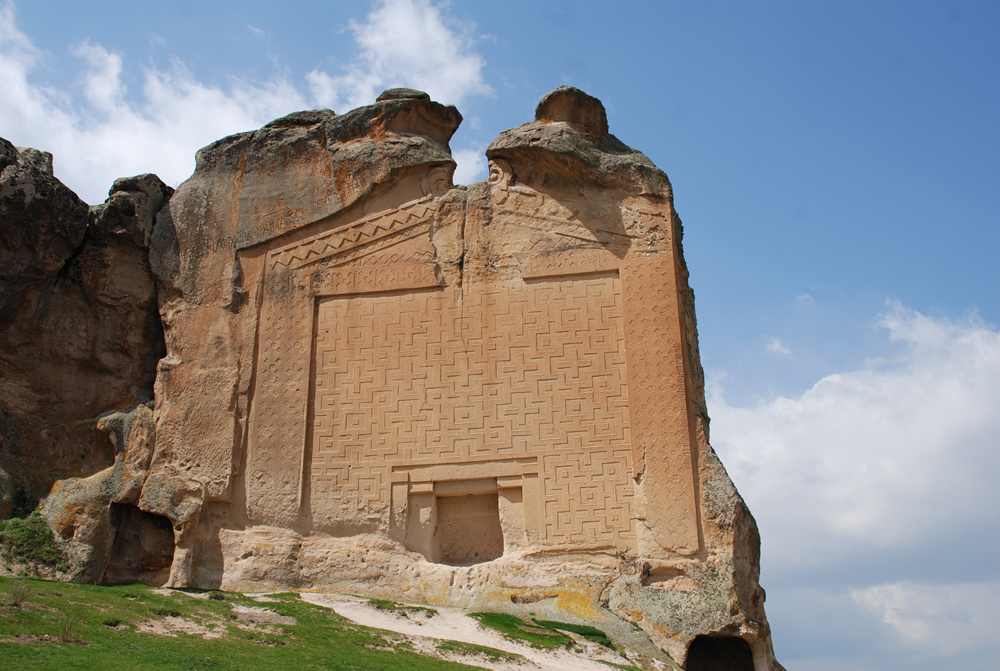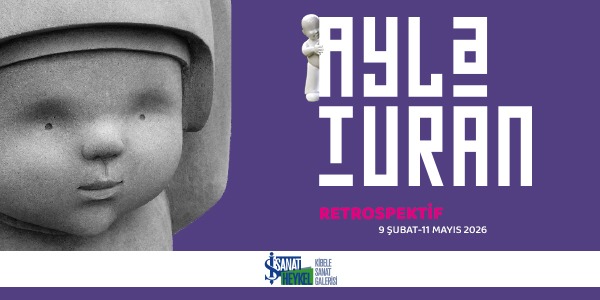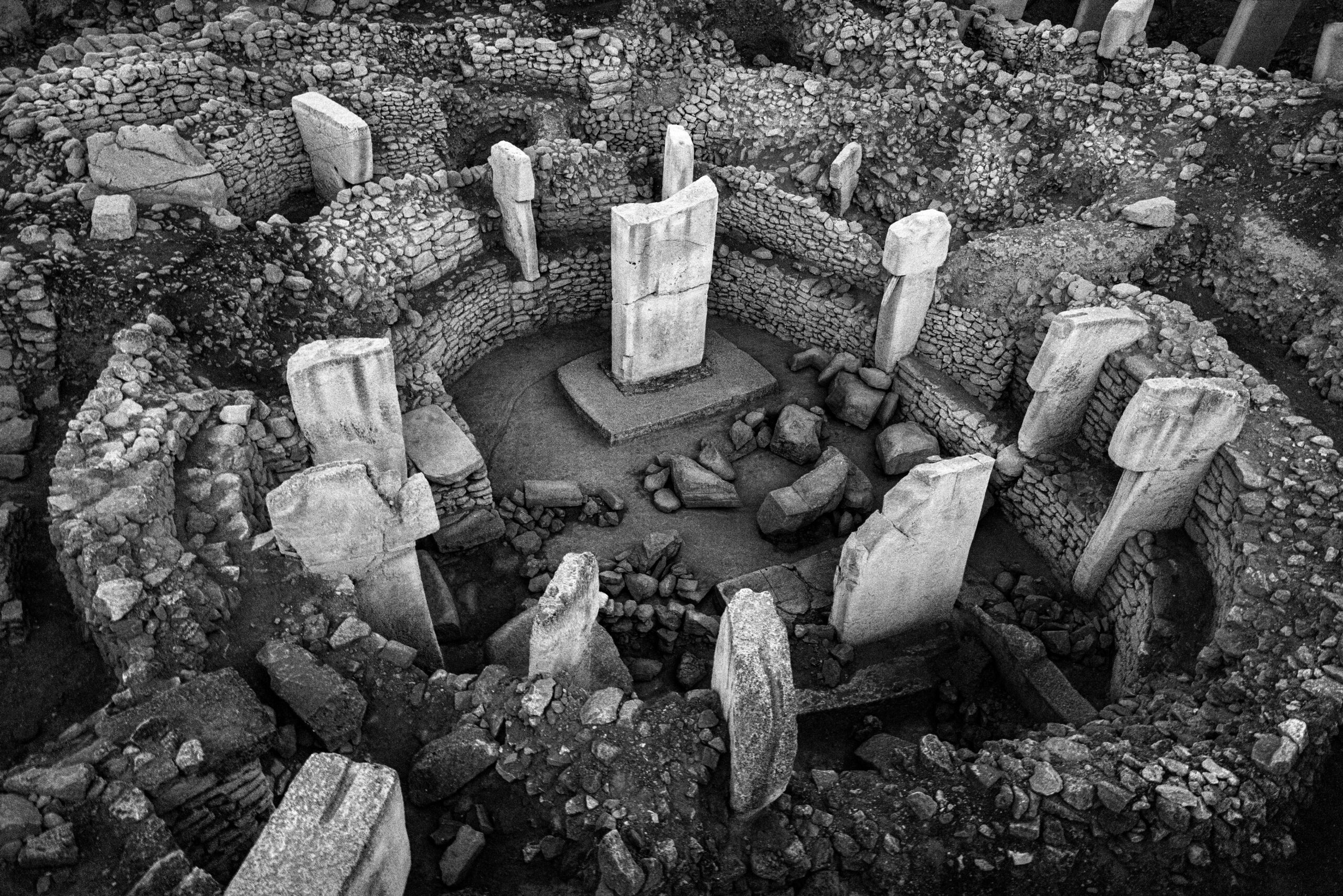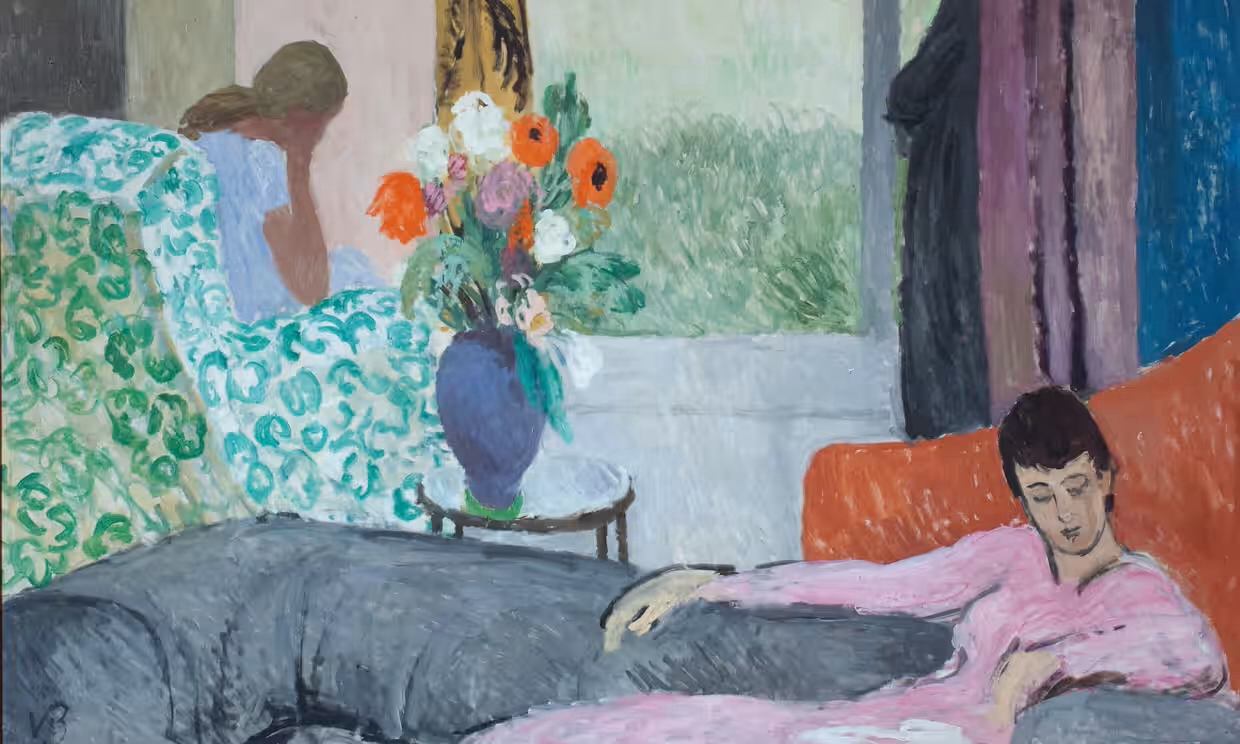Archaeologists have uncovered ancient ovens and hearths, believed to date back to the Phrygians of the 7th century B.C., during ongoing excavations at Midas Castle in Eskişehir, central Türkiye. The discovery sheds new light on the daily life and ritual practices of the ancient civilization.
Lead archaeologist Polat revealed the discovery of four rock basins, carved into a rocky platform, alongside a rock idol depicting the mother goddess Matar, a symbol of fertility. “We found stone tools from the Lower Paleolithic period during surface surveys,” Polat explained, noting that the region has been a preferred settlement area for centuries due to its fertile valleys and defensive geography.
Polat also emphasized the long history of human habitation in the area, dating back 250,000 years. He noted the importance of the rock bowls and hearths, saying they were likely used in abundance and fertility rituals associated with the mother goddess. “The hearths and ovens give us crucial insights into how these rituals were performed,” Polat added, highlighting the site’s continuous occupation throughout millennia.









